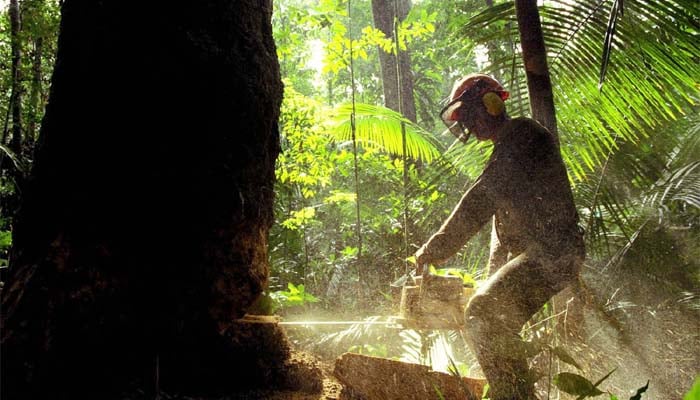
A recent study revealed that destroying the Amazon rainforest poses significant threats not only to the environment but also to human health.
According to a study published in Communications Earth & Environment, the researchers found that areas where forests are protected and managed by indigenous communities had reduced rates of specific diseases, including malaria and respiratory illnesses.
Francisco Hernández Cayetano, president of the Federation of Ticuna and Yagua Communities of the Lower Amazon (FECOTYBA) in Peru, stated:
"Indigenous people have long believed that human and forest health have a very deep connection. “If states do not guarantee the rights and territories of Indigenous peoples, we harm their health, lives, and the ecosystem.”.
Researchers analysed forest quality, legal recognition of Indigenous territories, and disease rates across Amazon countries.
They further revealed that forest cover over 40% was associated with noticeable health benefits, though some experts raised questioned regarding the certain threshold.
Magdalena Hurtado, a professor at Arizona State University, mentioned that the study indicated correlation, not direct causation.
Still, experts appreciated the work for linking Indigenous land rights with better. Co-author Paula Prist of the International Union for Conservation of Nature stated policies should maintain a balance between economic growth with public health.
Cayetano added that these types of studies help validate ancestral knowledge, making it “visible and precise” to the modern world.
